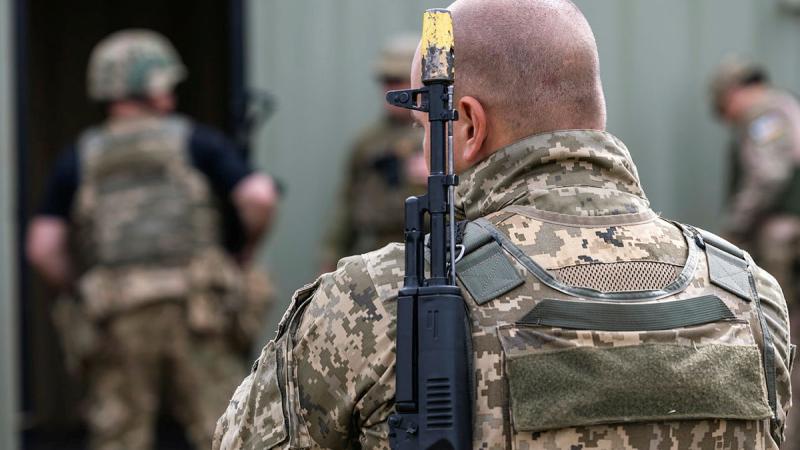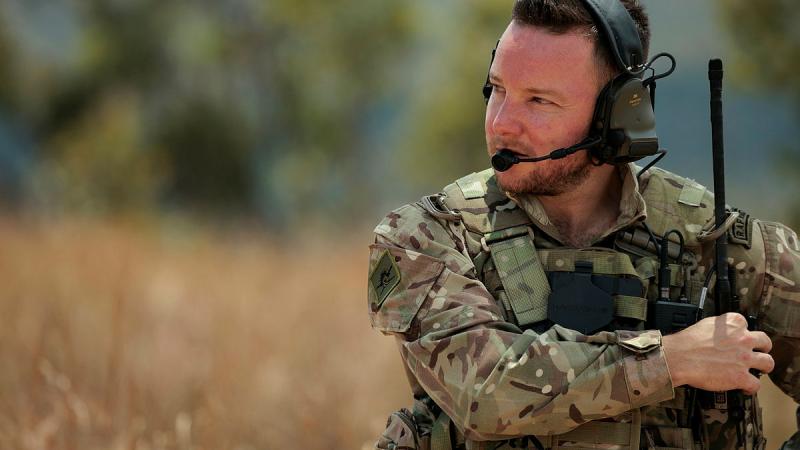For the first time, Western Australia will have a dedicated public facility to support training for jobs in the rail industry with the first stage of the McGowan Government’s METRONET Trade Training Centre now complete.
Stage one of the METRONET Trade Training Centre included the creation of rail signalling workshops and the introduction of electrical rail signalling qualifications to complement the range of engineering qualifications supporting METRONET manufacturing and maintenance.
A pilot group of employees from Rio Tinto, John Holland Group and Hitachi will commence the Certificate IV in Electrical Rail Signalling in Semester 1, 2021.
From Semester 2, 2021, people with a WA electrical licence can undertake Certificate IV in Electrical Rail Signalling.
Rail signalling has been identified by industry as a skills shortage area, with industry seeking technicians to fill jobs in installing and maintaining rail signalling equipment as METRONET progresses.
Industry partnerships have provided specialised equipment to customise the new workshops so students can learn on real equipment and graduate with hands-on experience.
The new facility is critical to ensuring local content on METRONET projects which are creating job opportunities for local workers, pre-apprentices and apprentices.
The new facilities will also cater to the increased demand for training thanks to the expansion of Lower fees, local skills – many of which are essential to METRONET including:
- Certificate II and III in Automotive Electrical Technology;
- Certificate II and III in Electrotechnology;
- Certificate II in Engineering (Heavy Fabrication; Light Fabrication; Mechanical Fitter and Machinist);
- Certificate III in Engineering – Fabrication Trade (Heavy/Welding YH; Light YC; Fitter and Machinist ZB; Mechanical Fitter ZA);
- Certificate II in Engineering Pathways;
- Certificate IV in Engineering;
- Certificate IV in Electrical – Instrumentation; and
- Diploma of Engineering – Advanced Trade.
Under the Lower fees, local skills initiative, the McGowan Government has slashed fees by up to 72 per cent for 180 courses, to make training more affordable for Western Australians.
People under 25 or eligible people of all ages looking for work will pay no more than $400 in annual course fees.
As stated by Education and Training Minister Sue Ellery:
“North Metropolitan TAFE’s Midland campus is well placed to train WA workers for futures in rail manufacturing and operations, with courses available to meet the diverse METRONET training needs, including engineering, metal fabrication, instrumentation, electrotechnology and electronics.
“Our reduction in course fees for important METRONET courses will make TAFE much more affordable for students in these high priority areas and, in turn, make it easier for them to get a meaningful job.
“As a Government, we are doing everything we can to make TAFE more accessible to young Western Australians so they can get the skills they need to enter the workforce.”
As stated by Transport Minister Rita Saffioti:
“This year alone we have seven METRONET projects under construction and a further four projects in procurement phase, with the Morley-Ellenbrook Line to move into major construction early next year.
“We are spending almost $12 billion on building transport infrastructure over the next four years, creating thousands of local jobs and opportunities for local businesses.
“We want to make sure Western Australians have the skills they need to capitalise on this huge investment and ensure there is a pipeline of workers available to fill these roles.”







